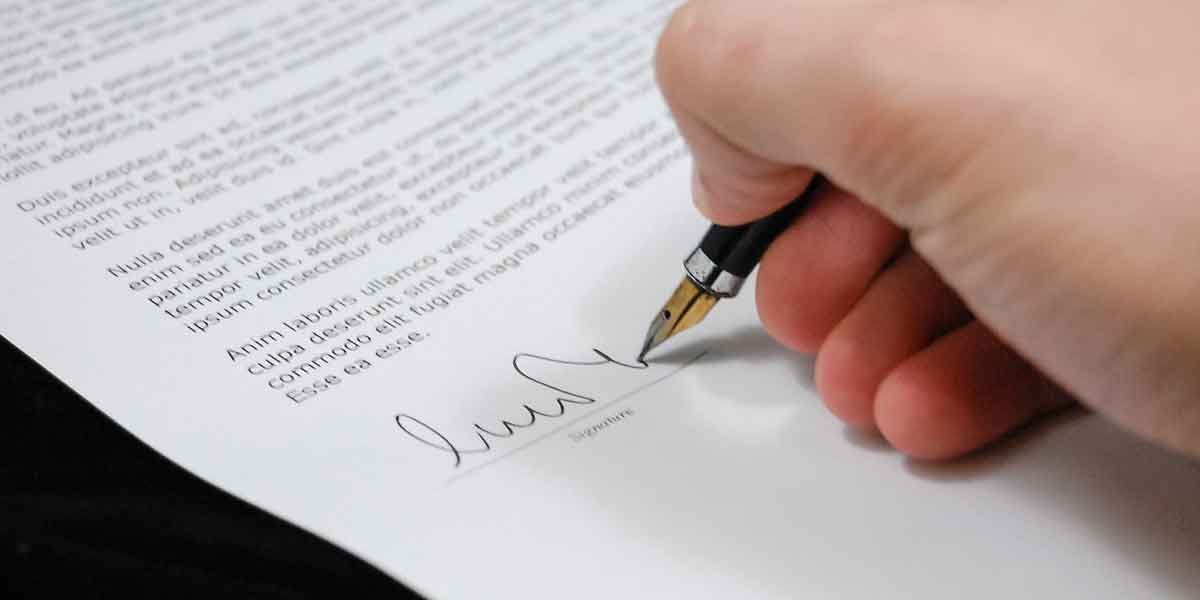When a person passes away, their estate goes through a legal process known as probate. This process involves settling the decedent’s debts and distributing their property to beneficiaries and heirs according to the will. Essentially, probate is the official validation of a will as the decedent’s final testament, and it is essential for completing the administration of the estate after death. While some may find the probate process daunting and try to avoid it, seeking guidance from an attorney can make it much more manageable.
Choosing the right attorney is crucial as they can assist in simplifying the process by handling most of the responsibilities. These responsibilities include gathering and assessing the assets, preparing important court reports, and creating an inventory of the estate’s assets. Additionally, a legal lawyer can offer advice on the administrator’s duties and help in devising a distribution plan for the assets. Before delving into the attorney’s role in probate, it is essential to understand the process in detail.
Understanding the Probate Process:
Prior to a person’s passing, they typically finalize the probate process, which can vary based on whether the individual had any estate planning in place. Understanding this aspect is crucial for simplifying the process. Let’s explore the four fundamental steps of probate.
1. Initiating the Probate Process:
The probate process commences by filing a petition with the probate courts to declare the will and appoint an executor. In cases where there is no will, the estate must appoint an administrator. Beneficiaries and heirs of the decedent are required to be notified of the court hearing for the petition, and any objections can be raised during this time. Publicizing the hearing in local newspapers helps notify unknown creditors of the deceased individual.
2. Notifying Creditors and Taking Inventory:
The personal representative, as per state law, notifies known creditors of the decedent with a written notice. Creditors have a specific period to claim any assets from the estate. An inventory of the decedent’s property, including real estate, stocks, bonds, and business interests, is compiled. The estate is responsible for settling all debts, funeral expenses, and taxes, which may involve selling assets to fulfill these obligations.
3. Settling Debts and Distributing Assets:
If there is no will, the legal transfer of property is governed by the law of intestacy. The personal representative seeks court approval to transfer remaining assets to the beneficiaries as outlined in the will. In cases where a trust benefits a minor, the trustee receives the funds. Once the petition is approved, the personal representative can execute deeds to liquidate assets, transfer property, and distribute stocks to the intended recipients.
4. Role of a Probate Attorney:
A probate attorney can offer valuable assistance in estate planning before an individual’s passing to avoid future administrative issues. After a person’s death, the attorney can guide the estate’s administration, provide advice on fiduciary obligations, and help create an inventory of assets. By enlisting the expertise of an experienced attorney, individuals can navigate the probate process with ease and receive sound guidance throughout.




